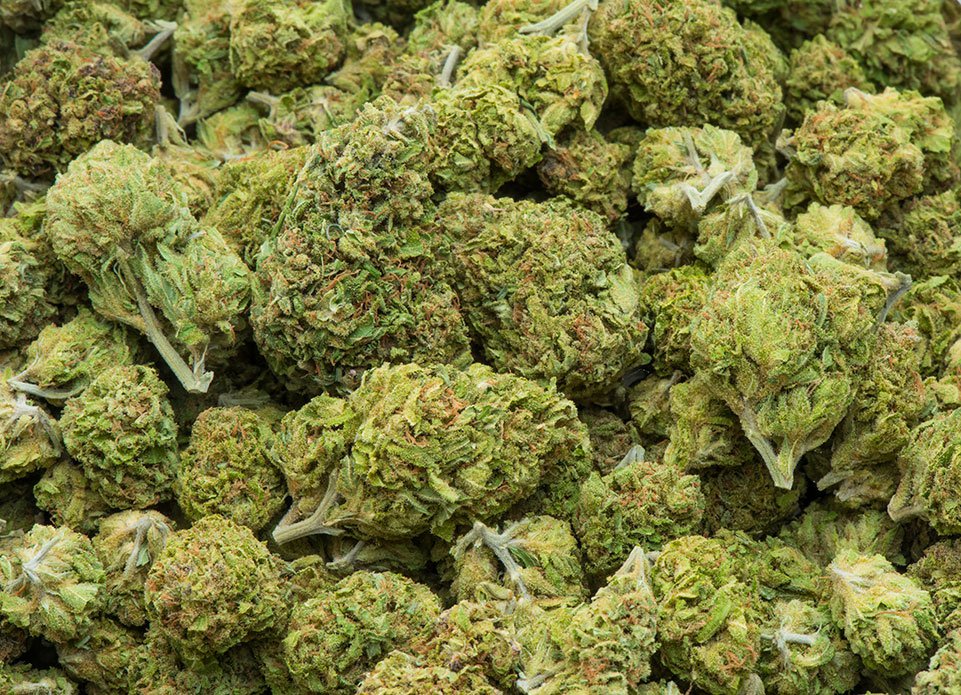In the realm of cannabis consumption, the allure of edibles beckons with promises of discretion, convenience, and a euphoric journey. Yet, beneath the surface of these delectable treats lie a series of pitfalls that can catch even the most seasoned enthusiasts off guard. As we delve into the world of cannabis edibles, we uncover four prominent downsides that merit careful consideration.
Edibles Can be Inconsistent
Picture this: you eagerly unwrap a freshly purchased cannabis-infused brownie, anticipation coursing through your veins. With each bite, you await the onset of blissful relaxation, only to find yourself underwhelmed by the effects. This scenario is all too familiar to many cannabis connoisseurs, as the potency of edibles often varies unpredictably.
But why are edibles so unpredictable?
The answer lies in the intricate process of cannabinoid infusion. Unlike smoking or vaping, where cannabinoids rapidly enter the bloodstream through the lungs, edibles must navigate the digestive system before taking effect. This journey introduces a myriad of variables, from individual metabolism rates to the uneven distribution of cannabinoids within the edible itself.
As a result, consumers may find themselves on a rollercoaster of highs and lows, unable to predict the intensity or duration of their experience. This inconsistency not only diminishes the enjoyment of cannabis edibles but also poses a potential risk for those unaccustomed to their effects.
Edibles Can be Expensive
In the pursuit of culinary delight, one must be prepared to open their wallet wide, for cannabis edibles come with a hefty price tag. Unlike traditional cannabis flower, which can be readily cultivated at home or purchased at a modest cost, edibles require specialized equipment, ingredients, and expertise to produce.
From artisanal chocolates to gourmet gummies, the craftsmanship behind each cannabis-infused delicacy contributes to its premium price point. Factor in additional expenses such as laboratory testing, packaging, and distribution, and it becomes clear why edibles command a premium in the marketplace.
For budget-conscious consumers, the allure of cannabis edibles may pale in comparison to more economical consumption methods. While the experience may be tantalizing, the financial strain can quickly dampen the enjoyment for those watching their pennies.
Edibles May Taste Bad
The promise of a delectable treat can quickly turn sour when met with the unpleasant taste of cannabis-infused edibles. Despite efforts to mask the distinctive flavor of cannabis with an array of sweeteners and flavorings, some products still retain a lingering herbal bitterness that can deter even the most adventurous palate.
Moreover, the infusion process itself can impart unwanted flavors and textures to the final product, leaving consumers with a less-than-appetizing experience. Whether it’s the gritty texture of poorly mixed can abutter or the overpowering taste of raw cannabis extract, the culinary journey of cannabis edibles is not always a pleasant one.
For those with discerning tastes, the prospect of sacrificing flavor for the sake of intoxication may prove to be a bitter pill to swallow. As such, it’s essential for consumers to carefully consider their preferences before indulging in cannabis-infused confections.
Edibles May Cause Digestive or Other Health Issues
While cannabis edibles offer a smoke-free alternative for consumption, they are not without their own set of health concerns. Chief among these is the risk of digestive discomfort, as the high-fat content of many edibles can exacerbate issues such as nausea, bloating, and diarrhea.
Additionally, the delayed onset of effects associated with edibles can lead to overconsumption, as consumers may mistakenly believe that they have not ingested enough to feel the desired effects. This can result in an unpleasant and potentially overwhelming experience, characterized by feelings of anxiety, paranoia, and disorientation.
Furthermore, the lack of regulation in the cannabis edibles market means that consumers may unknowingly ingest products that contain harmful additives or contaminants. From pesticides and heavy metals to mold and bacteria, the potential health risks associated with cannabis edibles are cause for concern among health-conscious consumers.
In conclusion, while cannabis edibles offer a tantalizing alternative to traditional consumption methods, they are not without their drawbacks. From inconsistent potency to digestive discomfort, the pitfalls of edibles underscore the importance of informed decision-making and responsible consumption practices. By understanding the nuances of cannabis-infused edibles and taking steps to mitigate their risks, consumers can fully appreciate the unique experience they have to offer.

